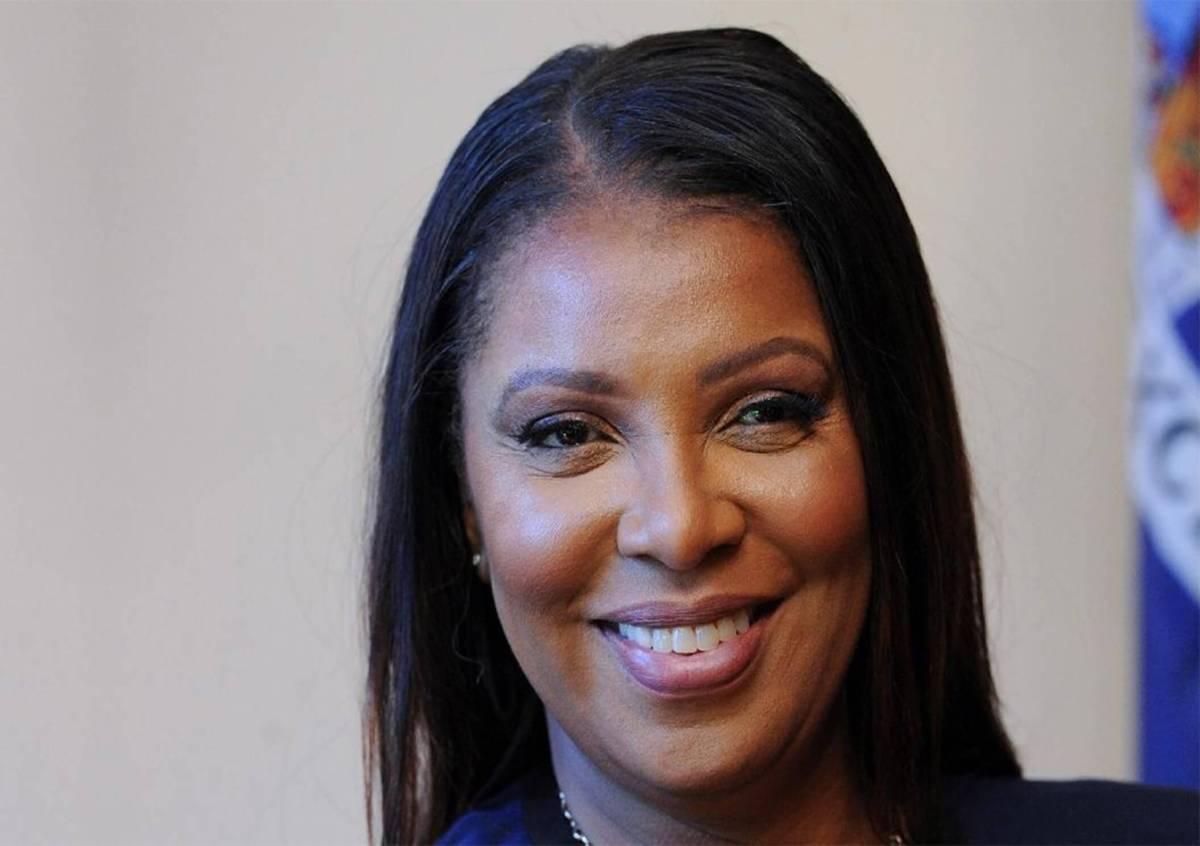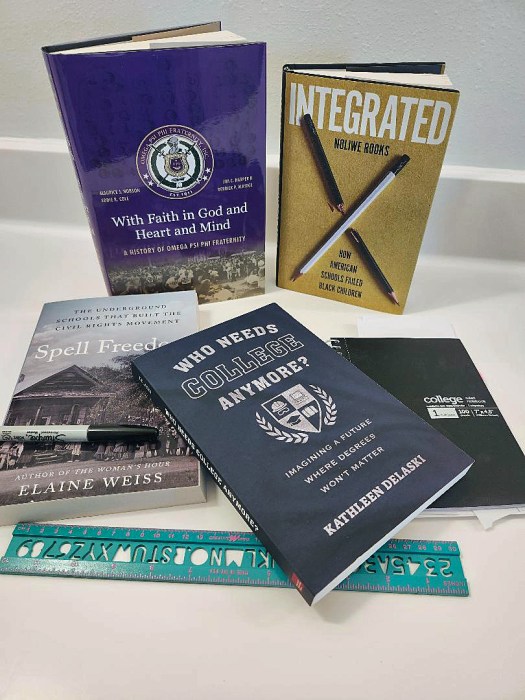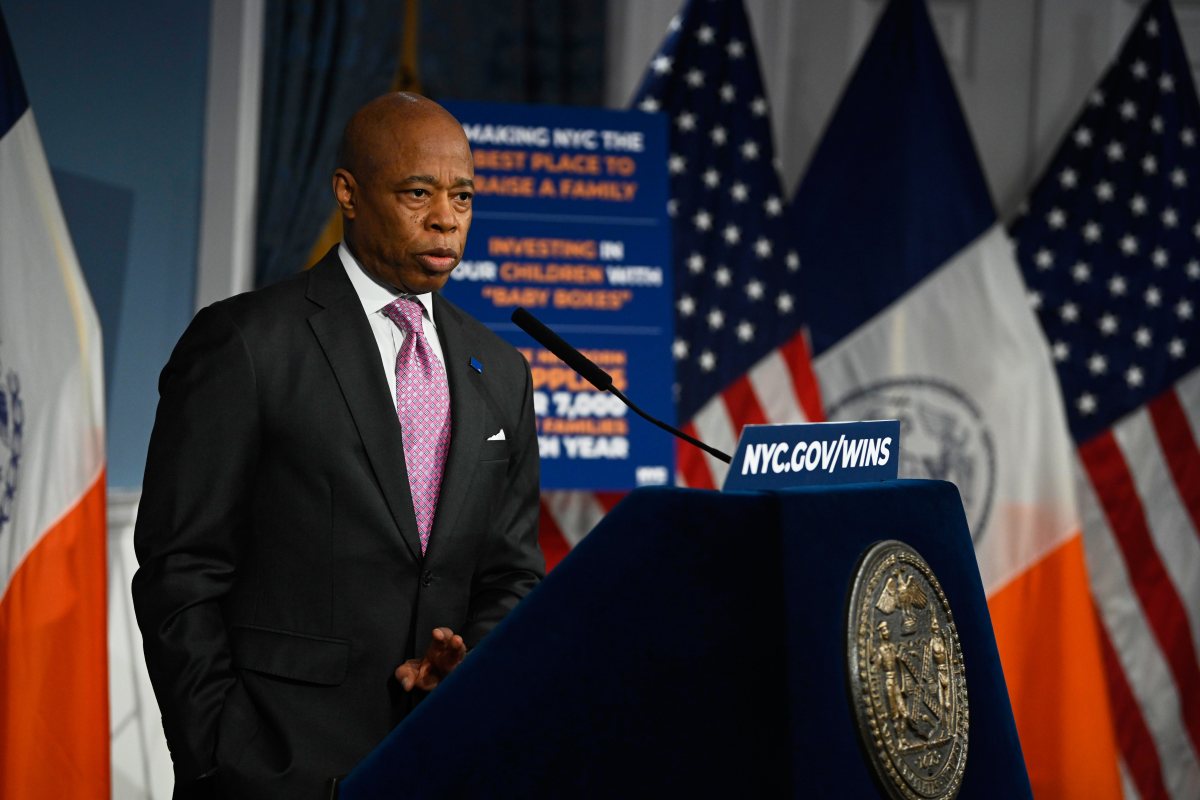New York Attorney General Letitia James on Thursday issued guidance to remind New York non-profit organizations of the political activities in which they may or may not engage in.
“We must ensure the integrity of the election in November, which means ensuring everyone is abiding by the rules on election activities,” she said. “The nonpartisanship of non-profits ensures that these groups can operate transparently and with the trust of the public.
“My office remains committed to helping New York charities understand the laws regarding political activity and their responsibility to uphold them,” she added.
James said charitable organizations, including houses of worship that receive a tax exemption pursuant to section 501(c)(3) of the Internal Revenue Code (IRC), are prohibited from participating in any political campaign on behalf of a candidate for public office.
She said a violation of those provisions may result in the denial or revocation of tax-exempt status by the IRS; the loss of exemption from New York income, sales and use taxes; and enforcement or regulatory actions by the New York Attorney General.
In the guidance, the Office of the Attorney General (OAG) lists several actions prohibited for 501(c)(3) organizations: Making or soliciting contributions for, on behalf of, or against any candidate for public office or to a political party (a candidate for public office includes any candidate in an election for a national, state or local public office); endorsing or opposing a particular candidate or political party; and making statements in support of, or in opposition to, a candidate or a political party, whether orally, recorded, or in writing, including by in-person distribution, mail, email, text, or posting on social media or the internet.
Other actions include: Using the organization’s resources — including office space, telephones, internet account, printers, employee time — to engage in political campaign activity; and providing funds from a 501(c)(3) organization to a 501(c)(4) organization, which engages in political activity without controls to assure that the funds are used solely for 501(c)(3) exempt activities, and not for political campaign activity.
At the same time, James said a number of actions are permitted for 501(c)(3) organizations to engage in: Distribution or posting of non-partisan voter guides that may include links to other nonpartisan educational sites or that provide information to the public about the positions taken by elected officials or candidates in a wide range of issues, without taking a position on their positions; and voter registration and get-out-the-vote drives that encourage people to register and/or vote without reference to any political party or candidate.
Other permitted action is: Hosting candidate forums or debates or inviting a candidate to an organization’s event.
James said such events may be permissible as long as: All candidates for the office are invited, even if some do not attend; all candidates are given an equal opportunity to speak; multiple topics are covered, and the questions asked are formulated and presented in a nonpartisan manner; and the candidates do not engage in any campaigning or fundraising.



























